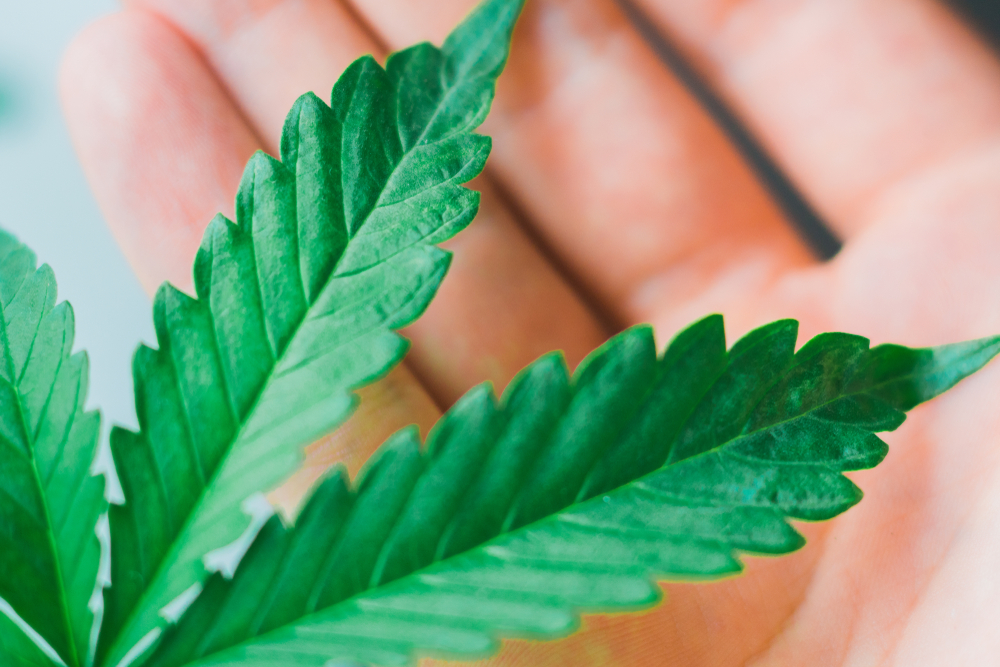News
New Hampshire gives initial approval to recreational pot

“By saying that the medical marijuana will be a gateway to illegal drugs or will encourage addiction, the critics of my bill obviously do not know what they are talking about,” Albano added. (Shutterstock photo)
CONCORD, N.H. — New Hampshire lawmakers on Wednesday gave preliminary approval to legalizing recreational marijuana, dismissing public safety and health concerns on a path to join scores of other states that have passed similar cannabis measures.
Lawmakers voted 209-147 in favour of the bill that would legalize possession up to 1 ounce (28 grams). Adults would be allowed to grow up to six plants, and a commission would be set up to license and regulate an industry supporters said could produce $33 million per year.
“I know change is hard. It’s a little scary,” the bill’s sponsor, Democratic Rep. Renny Cushing, told lawmakers ahead of the vote. “But I think now is the time that New Hampshire makes the transition from prohibition to real legalization, taxation and regulation.”
Past efforts have failed in New Hampshire, but Democrats, who added legalization to their platform last year, now control both the House and Senate. But a spokesman for Republican Gov. Chris Sununu said the governor remains committed to vetoing the bill. Benjamin Vihstadt said Sununu agrees with law enforcement and public health officials who say “now is not the time for the recreational legalization of cannabis in New Hampshire.”
While the vote Wednesday falls short of the two-thirds majority to override a veto, Cushing said he expects it to pick up support and that it will eventually become law.
“I’m confident that the force of history is with us,” he said.
The bill now goes to the Ways and Means Committee because of the revenue component of the bill. It then will return to the House for another vote before moving to the Senate.
Ten states have legalized recreational marijuana — including the three bordering New Hampshire — while New York, New Jersey and others are considering it this year.
Opponents dominated much of the debate Wednesday, with several lawmakers raising concerns over health, motorists driving while high and marijuana being a gateway drug.
“Marijuana commercialization is wrong for New Hampshire’s young people, our communities,” Democratic Rep. Linda Harriott-Gathright said. “Allowing big marijuana into New Hampshire will allow this major industry to manufacture, sell and market an addictive substance to our kids setting them up for long-term health problems.”
Republican Rep. Stephen Pearson said that as a firefighter he sees the impacts of the opioid crisis. He said he fears legalization of marijuana could only add to the state’s drug problems.
“We are not going to solve our drug crisis by legalizing more drugs. This bill creates far more problems than its worth,” he said.
Supporters countered that the health concerns are overblown. They also said legalization would take the sales away from criminal gangs and ensure safer transactions and that products that more reliable. They also said legalization would be a boon to the economy.
“I don’t share my colleagues’ concern about cannabis… I know we are dealing with the opioid epidemic but this is not that — not even close,” said Democratic Rep. William Pearson. “Rather, I would compare cannabis to coffee or sugar.”
Last year, California became the largest legal U.S. marketplace, Massachusetts opened the first recreational shops on the East Coast, Canada legalized it in most provinces, and Mexico’s Supreme Court recognized the rights of individuals to use marijuana, moving the country closer to broad legalization





















